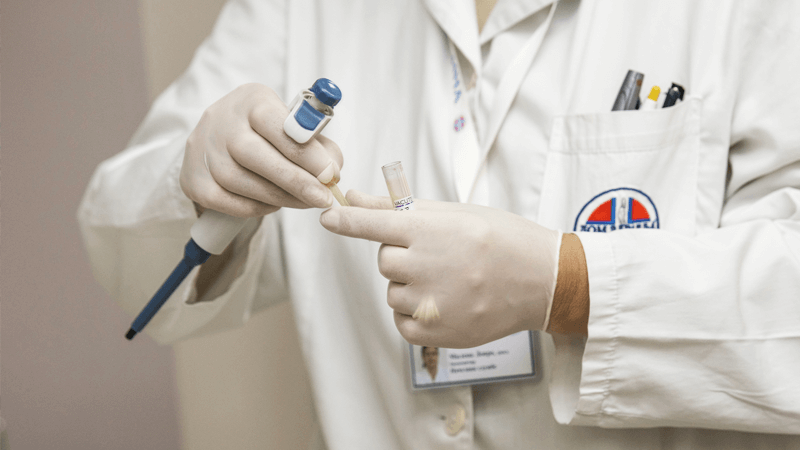Scientists have praised a new stem cell treatment which helps repair heart muscle damage, and is ethical and less risky than other techniques.
A team of researchers successfully implanted “synthetic” cardiac stem cells for the first time, providing hope for patients who have suffered a heart attack.
The cells are made by combining a synthetic polymer with proteins from human cardiac stem cells. This makes them an ethical alternative to embryonic stem cell treatment – which involves the destruction of human embryos.
Low risk
Other stem cell treatments carry a risk of cancer, as scientists are unable to stop the cells from replicating and forming tumours after they are implanted. The cells used in this new form of treatment do not carry the same risk because of their partially synthetic composition.
Ke Cheng, Associate Professor of Molecular Biomedical Sciences at North Carolina State University, said: “We are hoping that this may be a first step towards a truly off-the-shelf cell product that would enable people to receive beneficial stem cell therapies when they’re needed, without costly delays”.
He added that the successful trial meant patients could be offered the “benefits of stem cell therapy without the risks”.
Breakthrough
The news follows a breakthrough in the UK reported last month, when a woman announced she could walk again after undergoing adult stem cell treatment.
Jill James, from south London, suffered from Achilles tendinopathy, a painful condition which rendered her unable to walk or even to bend her ankles when she woke up in the morning.
Doctors extracted stem cells from her pelvis, multiplied them in the lab and then injected them into her damaged foot to encourage it to repair.
A year after the treatment, James can walk more than five miles without pain and is able to move her ankles within minutes of waking up.
’Hugely beneficial’
Andy Goldberg, a Consultant Orthopaedic Surgeon at the Royal National Orthopaedic Hospital, carried out the treatment, which had previously only been trialled on animals.
He said: “If we can continue to see results like this then it could be a hugely beneficial treatment for lots of people.”


